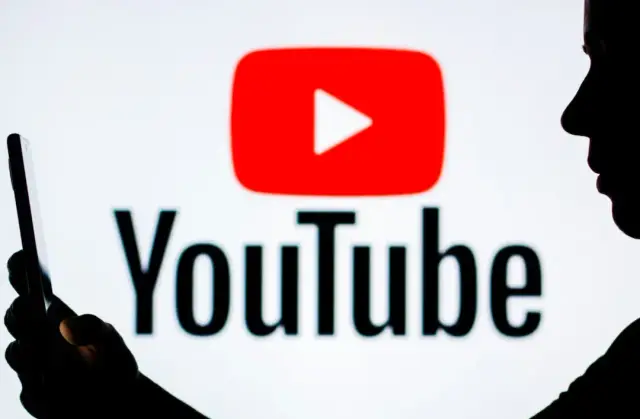YouTube Allows Removal Requests for AI-Generated Content Mimicking Personal Features
YouTube's new policy permits individuals to request the removal of AI-generated content mimicking their face or voice, emphasizing privacy concerns.

YouTube has quietly introduced a significant policy change allowing individuals to request the removal of AI-generated content that mimics their face or voice. This update, rolled out in June, extends YouTube's overall privacy request process and builds upon the company's responsible AI agenda introduced last November.
The revised approach shifts the focus from deepfake misrepresentation to privacy concerns. Affected individuals can now submit takedown requests specifically as privacy violations. However, not all requests guarantee content removal. YouTube will consider several factors, such as whether the AI content is labeled as such, if it uniquely identifies an individual, and its public interest value, including parody or satire elements.
Moreover, YouTube takes into account whether the AI-generated material features public figures or displays sensitive behaviors like criminal activities or endorsements, which could notably influence public opinion, especially during election seasons.
Once a complaint is received, the content uploader has a 48-hour window to address it. If the content isn't removed within that timeframe, YouTube initiates a review. The outcome may involve complete removal of the video, along with the individual's name and personal information from the title, description, and tags. Simply making a video private doesn't comply with the removal request due to the potential for public reversion at any time.
In March, YouTube introduced a.Creator Studio tool for creators to disclose when content is made using synthetic media, including AI. More recently, YouTube has been testing a feature allowing users to contribute notes for context on videos, helping to indicate if they are parodies or potentially misleading.
YouTube confirms its endorsement of AI for beneficial uses, evidenced by its explorations into generative AI for comments summarization and conversational tools. However, the company maintains that AI content must adhere to YouTube's Community Guidelines, regardless of disclosure.
Starting a privacy complaint won't automatically penalize an uploader with a Community Guidelines strike. Instead, YouTube's Privacy Guidelines function separately, leading to content removal without additional upload restrictions. However, repeated privacy violations could trigger further account actions.





